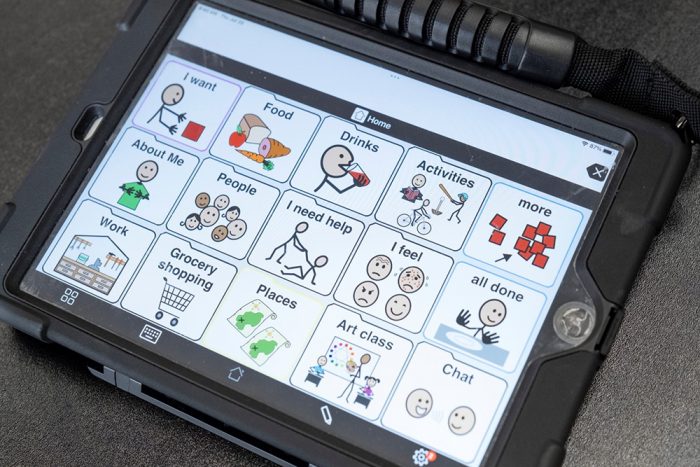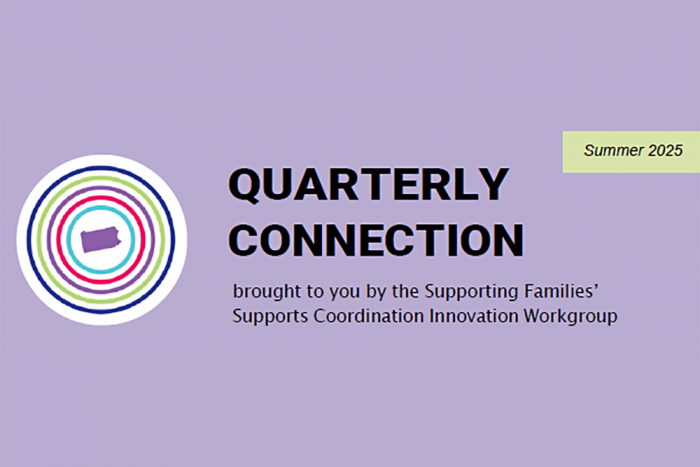Topic: Autism Spectrum Disorders (ASDs) — An Overview and Practical Application
Note: This training satisfies the basic autism training requirement for Residential Performance-Based Contracting (PBC). Please see more details below on Continuing Education (CE) Credits. This training is an approved alternative to the SPeCTRUM offered on MyODP.
Over the years, the prevalence of autism has increased, Pennsylvania’s service delivery system for individuals with autism has expanded, and best practices to provide quality supports have emerged. To support the individual needs of each person with autism across the lifespan, an understanding of core characteristics must be established. It is also important to learn how the individual’s presentation of autism may change across settings and situations. This training will provide attendees with an in-depth presentation on core characteristics of autism and the impact of the characteristics on daily life, routines, and activities. A review of common terms and basic principles used to change behavior, teach new skills, and develop practical application of best practices will be included. Opportunity for discussion and engagement will occur throughout the training in the virtual setting.
Who should attend?
- Direct Support Professionals, Front Line Supervisors, and Program Managers supporting individuals with autism in residential and other home and community-based settings.
- Professionals supporting individuals in the Adult Autism Waiver (AAW), Adult Community Autism Program (ACAP), Consolidated Person/Family-Directed Support (P/FDS), and Community Living waivers are encouraged to attend.
Where and when will sessions be held?
You must register separately for each session.
Continuing Education Units (CEU):
This training satisfies the basic autism training requirement for Residential Performance-Based Contracting measures CN-DD/Bx.01.1S and CN-DD/Bx.01.1CE for all Direct Support Professionals (DSP), Frontline Supervisors (FLS), and program managers. This training also fulfills 6100 ongoing training requirements.
To receive a training certificate, attendees must attend both virtual sessions.
Please contact the Bureau of Supports for Autism and Special Populations (BSASP) Training inbox with questions.

















